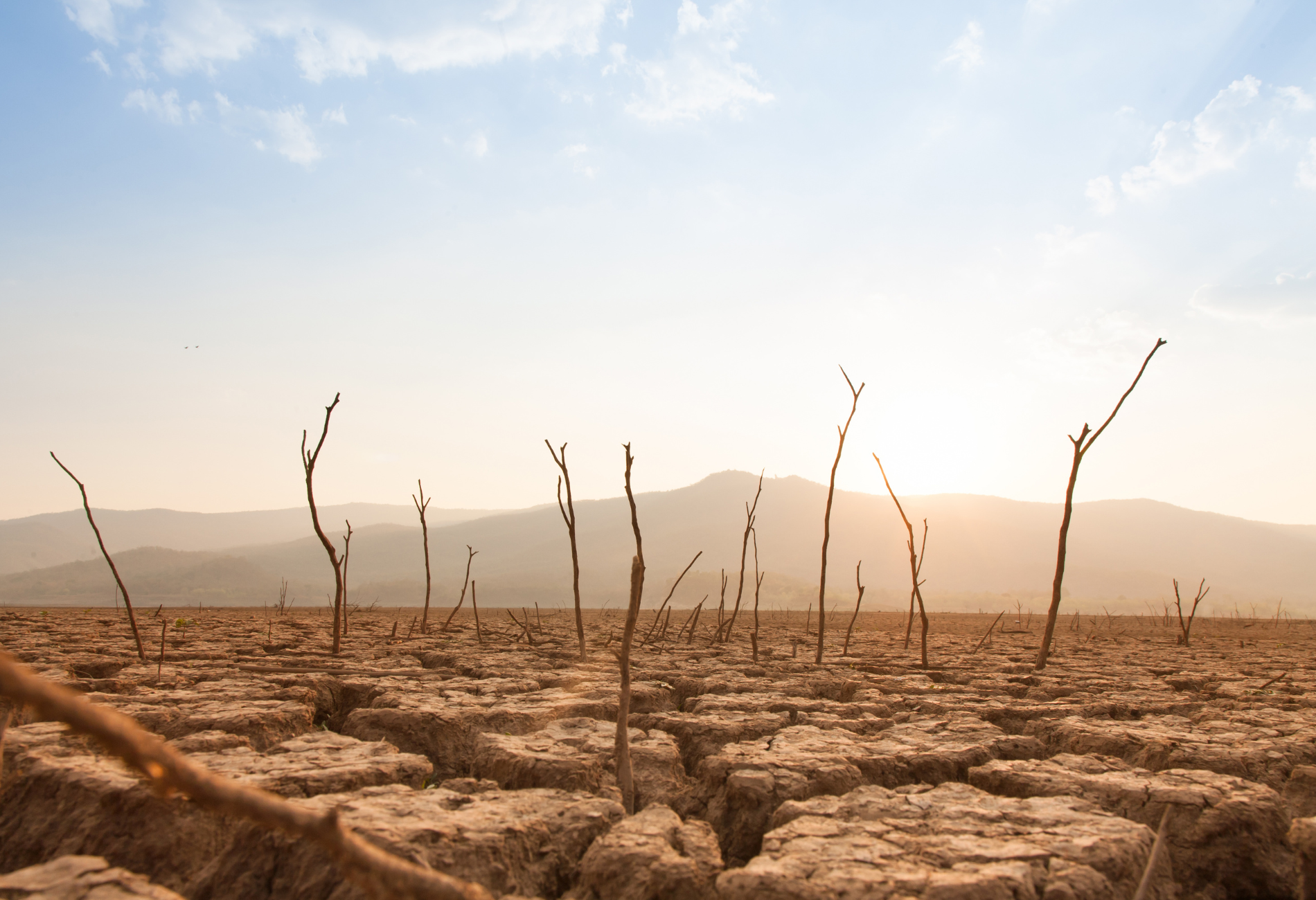Extreme climate hazards such as heatwaves and floods are likely turning infectious diseases into a bigger threat, a study says.
The study, conducted by scientists at several universities including the University of Hawaii and the University of Wisconsin-Madison, found that 10 types of extreme weather have worsened nearly 220 of the known 375 human infectious diseases.
According to the study, rising temperatures had the biggest impact on pathogenic diseases, followed by precipitation, floods, and drought. An increase in temperature has expanded the habitats of animals and insects like ticks, fleas, and mosquitoes, facilitating the spread of infections like Zika, West Nile virus, and dengue fever.









 by your friends at The Daily Navigator
by your friends at The Daily Navigator



